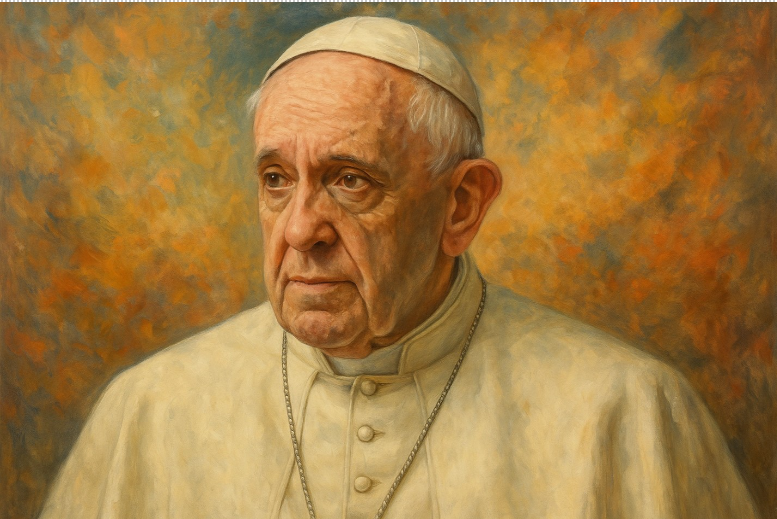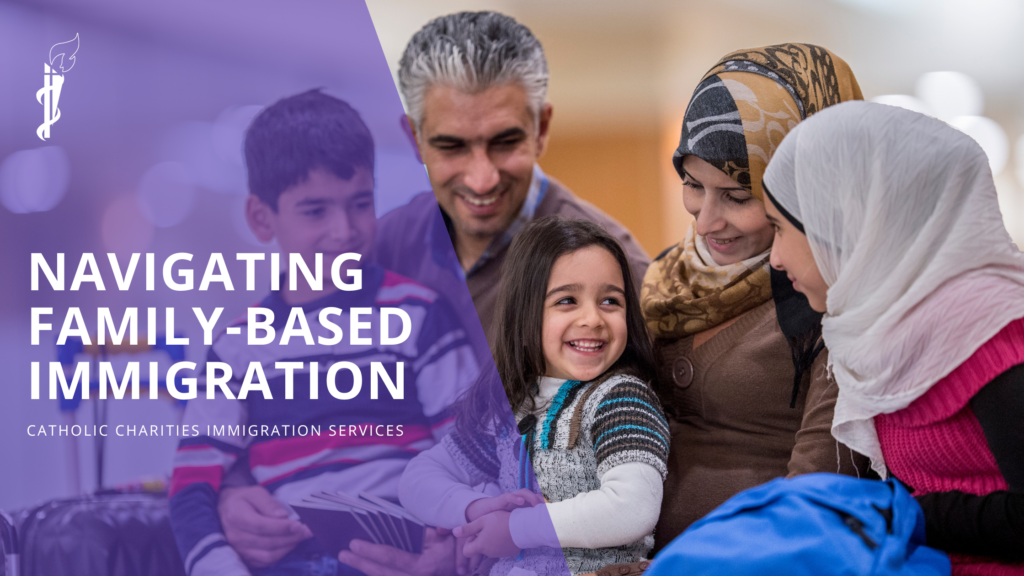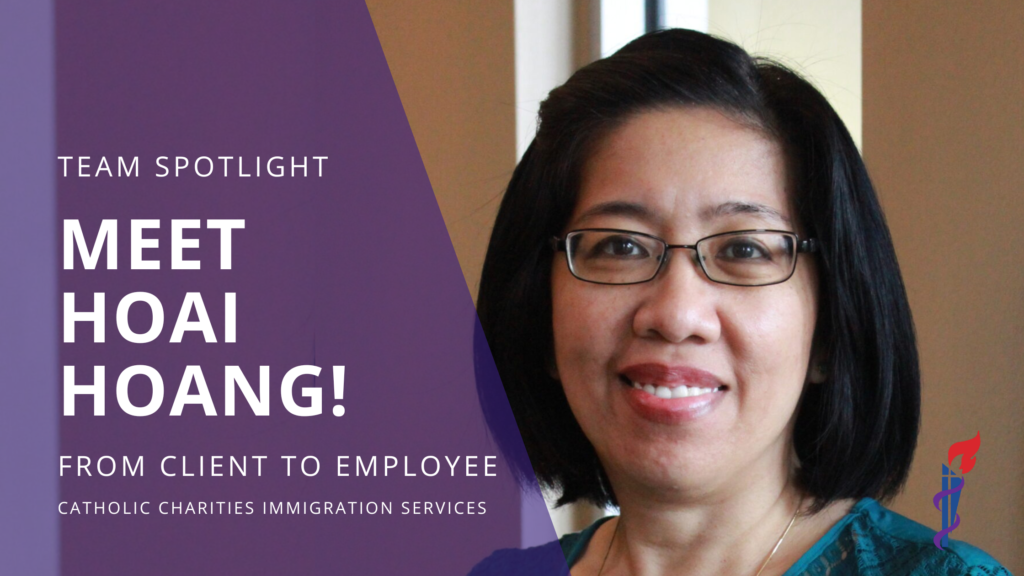
The story of Pope Francis starts, fittingly, with migration. His father, Mario José Bergoglio, left fascist Italy in 1929 and crossed the ocean looking for something better. He landed in Argentina and, a few years later, Jorge Mario Bergoglio was born. That origin, an immigrant’s story, was never a footnote for Francis. It was the thread.
Francis never talked about immigration like a theory. He spoke as someone shaped by it. In Buenos Aires, he walked with the poor and the migrants. As pope, he brought that same posture to a global stage.
Just four months into his papacy, he went to Lampedusa—a tiny island that had become a graveyard for migrants crossing the Mediterranean. There, surrounded by wreckage and grief, he mourned the dead and challenged the world. “The globalization of indifference has taken from us the ability to weep,” he said. He celebrated Mass on an altar made of wood from shipwrecked boats and tossed a wreath into the sea.
Francis distilled the Church’s response to migration into four verbs: welcome, protect, promote, integrate. He didn’t just preach it—he lived it. He visited detention centers. He housed refugee families in the Vatican. And in his encyclical Fratelli Tutti, he made this cutting observation: “No one denies that migrants are human—but our policies say otherwise.”
He also named a truth few want to admit: people shouldn’t have to leave home just to survive. “Ideally, unnecessary migration ought to be avoided,” he wrote. “This entails creating in countries of origin the conditions needed for a dignified life and integral development.” In other words: the right to stay is just as sacred as the right to leave.
In 2025, during what would become his final Easter as pope, he was too ill to deliver his blessing aloud. But he still stepped onto the balcony at St. Peter’s, offered a wave and a whispered “Happy Easter,” and reminded the world, one more time: “Do not yield to the logic of fear… use the resources available to help the needy, to fight hunger, and to welcome the stranger.”
Pope Francis’s legacy on immigration isn’t just policy. It’s personal. It’s pastoral. It’s prophetic. For him, migrants weren’t an issue to manage—they were people to love. That’s what made him the Immigrant’s Pope.




